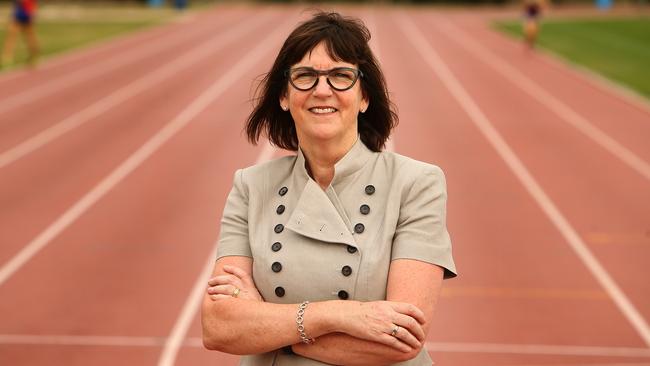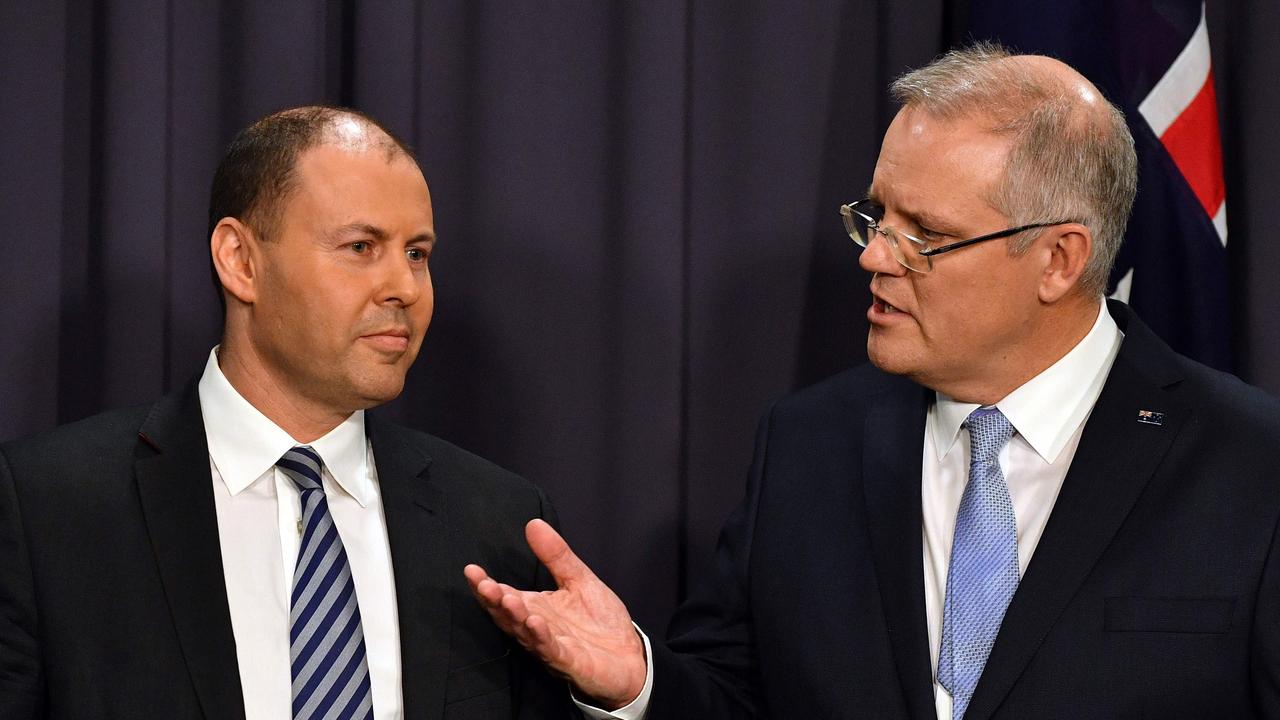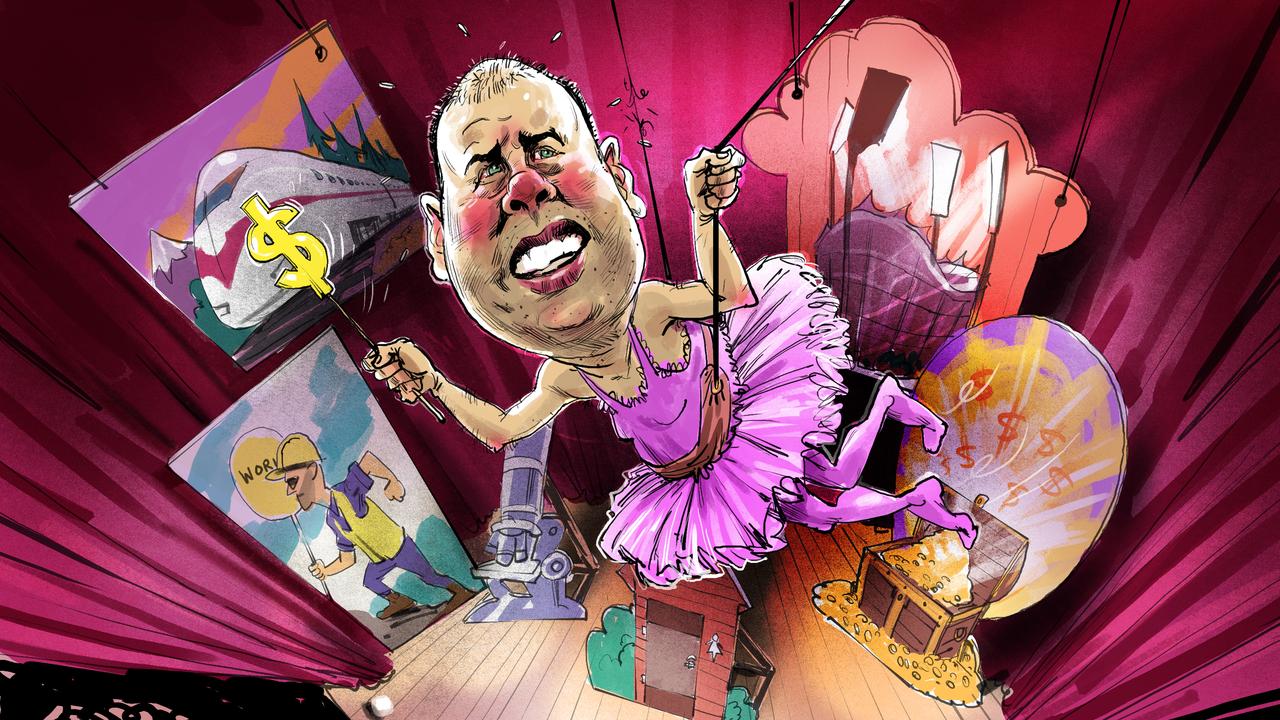Federal budget 2018: pitch for national sports lottery abandoned
Australian sport has abandoned a two-year campaign to establish a UK-style national sports lottery.

Australian sport has abandoned a two-year campaign to establish a British-style national sports lottery to generate money for our national teams and athletes, and will head into the 2020 Tokyo Olympics without a substantial boost to high-performance funding. It comes as the Australian Sports Commission is preparing to unveil a plan sell land from the Australian Institute of Sport site in central Canberra and invest the proceeds back into the Australian sports system.
Tuesday’s budget, which carried no mention of the lottery and contained no new funding for high-performance sport, sounded the death knell for the lottery idea backed by Australian Sports Commission chairman John Wylie, Australian Olympic Committee president John Coates and former sports minister Greg Hunt.
It is understood the commonwealth was unable to secure the support of the states, which under federal arrangements own the licences to raise money through lotteries. It was also opposed by newsagent and lotto retailers.
Although negotiations are continuing between the ASC and Tabcorp to rebrand one of its existing products as a sports lottery, this will not funnel into sport the annual $50 million conservatively expected from a standalone national sports lottery.
The partial sell-off of the 40-year AIS site has been driven by the ASC as part of an overhaul of the AIS. Although the use of the AIS has been sore point between the ASC and AOC, AOC chief executive Matt Carroll said he was aware of discussions about the AIS site and had no in-principle objection. “We are not selling off the farm,’’ he said. “It is under-utilised land.’’
It is understood that land from the site will be released gradually, over many years, to maximise its value for redevelopment. One of the immediate beneficiaries of any sale will be the AIS, which the ASC plans to rebuild on a smaller footprint and relaunch as a national centre of excellence for sports science, research and sports services.
The ASC and AOC welcomed budget measures to increase sports participation among children and older Australians, and provide grants for local clubs to improve their facilities.
Sports Minister Bridget McKenzie said the allocations, totalling $230 million, were an “incredibly significant investment’’ and underpinned the government’s intention to tie sports funding to health outcomes.
She said the success of Australia’s national women’s soccer, cricket and netball teams and formation of the AFLW had resulted in a “tsunami of young women rocking up’’ to community sporting clubs that, in some instances, were unable to appropriately accommodate them.
Senator McKenzie said although she hadn’t made a final decision on a sports lottery, she wasn’t convinced it would work. “I don’t think it would deliver in the Australian context the same results it has in the UK,’’ she said.
ASC chief executive Kate Palmer said obstacles to establishing a lottery had proven impossible to navigate. Mr Carroll said the lottery was a “a good idea, but we all appreciated it was going to be a challenge.’’
Ms Palmer and Mr Carroll expressed frustration that an announcement on the next round of high-performance funding would not be made until the release of the National Sports Plan, expected in about five weeks.


